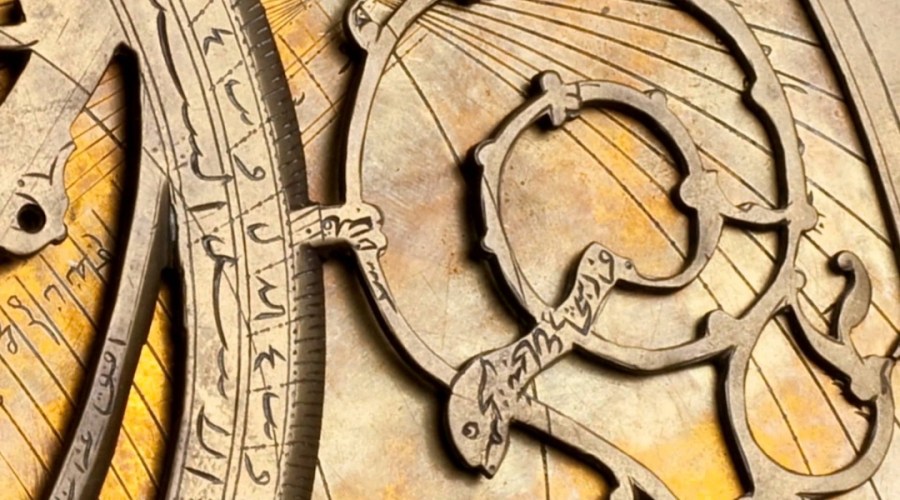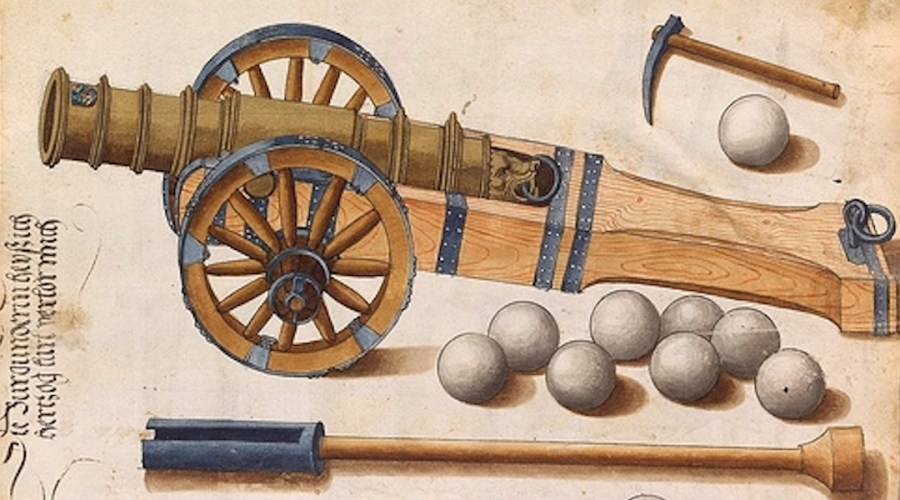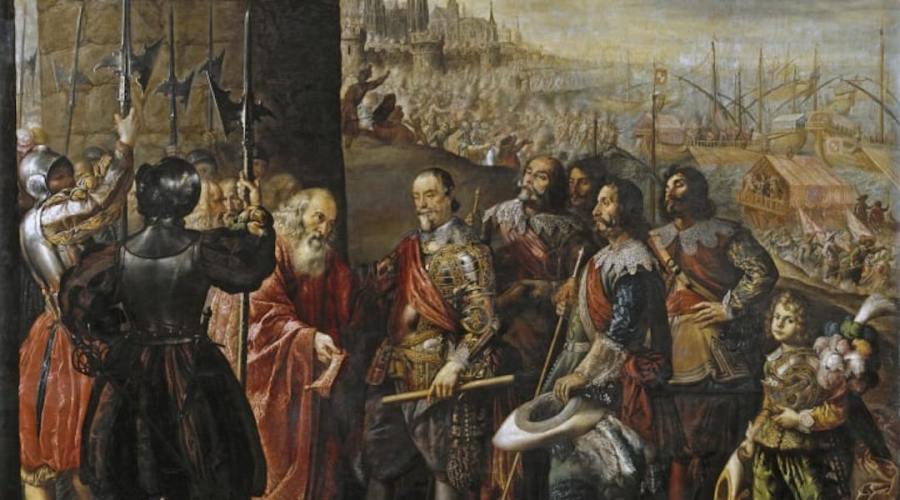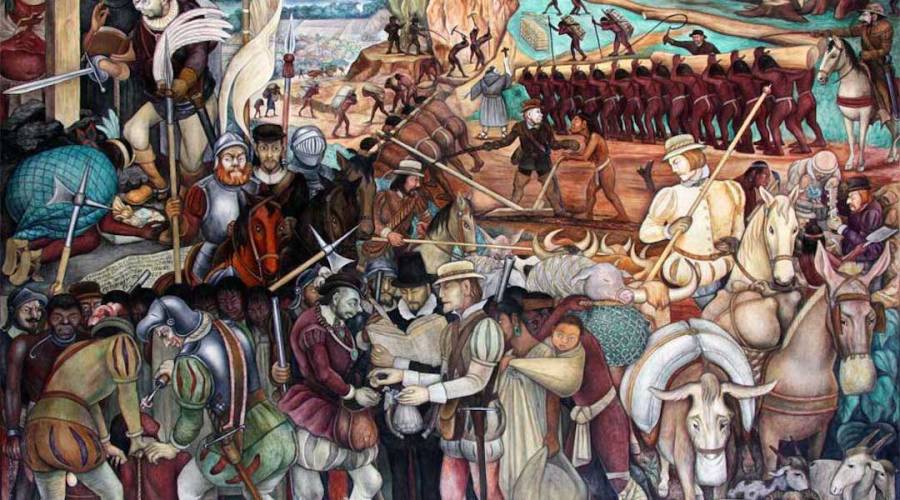The Ancient Greeks believed that natural events had natural causes. They invented the deductive proof, and laid the foundations of physics and astronomy.
The Social Foundations of Islamic Science
Islamic science was accelerated by the translation movement. It was also shaped by Islam’s reaction to Greek philosophy.
Islamic Science in the Middle Ages
Islamic scientists made significant contributions to optics, mathematics, and astronomy.
European Science in the Middle Ages
The work of Greek and Islamic scholars was translated into Latin during the twelfth century, initiating a revival of European science.
The End of Feudalism
Feudalism ended when the factors that had supported it disappeared: small and isolated populations, limited markets, the dominance of the knight in warfare.
The Emergence of European States
The first states showed signs of constitutional government, but the fifteenth-century military revolution caused some states to veer towards authoritarianism.
Why was Science So Successful in Europe?
The rapid progress of European science was not inevitable. It was facilitated by Europe’s legal institutions, in particular, by the concept of jurisdiction.
The Discovery of the Sea I
The discovery of the world’s sea routes was ultimately driven by the desire of Europeans to directly access Asia’s trade network.
The Discovery of the Sea II
Sea routes connect every pair of coastal locations. The discovery of these routes was largely the result of a century of European exploration.
Why Were the Americas so Underdeveloped when Europeans Reached Them?
Eurasia was able to produce food surpluses more than a thousand years before the Americas. Food surpluses led to specialization, which led to rapid development.









